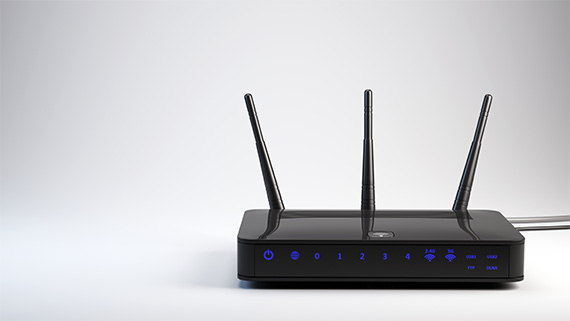Steering the Intricate Landscape of Regulatory Guidelines for Network Protection in Multi-Unit Units to Guarantee Resident Safety and Information Safeguarding
Wiki Article
In the current society, numerous people live in multi-dwelling units, such as apartment complexes and condo communities. Such places often share common networks for online and other services. Although this arrangement can be convenient, it also brings up important concerns about system security and compliance standards. Ensuring the safety of residents and protecting their information is crucial. This piece will examine the complex environment of compliance standards for network safety in multi-dwelling buildings, focusing on how these standards assist maintain tenants safe and secure.
One of the primary regulatory standards that apply to network safety is the General Information Privacy Regulation (GDPR). This law is intended to protect individual information and privacy for individuals within the European Union. While it primarily applies to companies functioning in Europe, its principles can influence procedures in different regions as well. For multi-unit buildings, complying to GDPR requires implementing strong data protection measures. This includes ensuring that tenants' personal information is gathered, kept, and processed securely. By adhering to these standards, building managers can help build trust with tenants and ensure their data is protected from unauthorized intrusion.

Another significant standard is the Health Coverage Portability and Accountability Law (HIPAA), which protects confidential healthcare information in the healthcare industry. In multi-dwelling buildings, particularly those that offer healthcare services or have tenants with particular medical needs, compliance with HIPAA is crucial. This requires that any medical data collected from tenants must be maintained confidential and protected. Building managers must ensure that their network infrastructures are designed to prevent information leaks and unauthorized access. By taking these steps, they not only adhere with legal obligations but also foster a safe living space for all tenants.
In addition to GDPR and HIPAA, the Payment Payment Industry Data Security Guidelines (PCI DSS) is a further critical regulatory guideline. This guideline is particularly relevant for multi-unit buildings that process debit card payments for rent or services. PCI DSS specifies protection measures that must be in place you can look here to protect customer information. This entails encrypting sensitive information and frequently reviewing system safety. By following PCI DSS standards, property managers can minimize the threat of data breaches and protect tenants' monetary data, which is crucial for maintaining their trust and safety.
Finally, it is crucial for multi-unit buildings to remain updated on local and national regulations regarding network safety. Regulations and guidelines can evolve, and staying informed is crucial for compliance. Property managers should regularly review their safety protocols and procedures to make sure they comply with current requirements. This proactive approach not only helps in upholding adherence but also improves the general security of the network. By prioritizing tenant security and information safeguarding, multi-dwelling units can create a secure living environment that fosters confidence and reassurance among residents.
In conclusion, navigating the intricate environment of regulatory guidelines for system safety in multi-unit buildings is crucial for guaranteeing tenant security and information safeguarding. By understanding and implementing guidelines like GDPR, HIPAA, and PCI DSS, building administrators can establish a safe space for their tenants. Remaining updated about regional laws and frequently assessing safety practices further enhances this commitment to security. In the end, a robust emphasis on adherence not only safeguards tenants but also fosters a feeling of belonging and trust among multi-dwelling units.